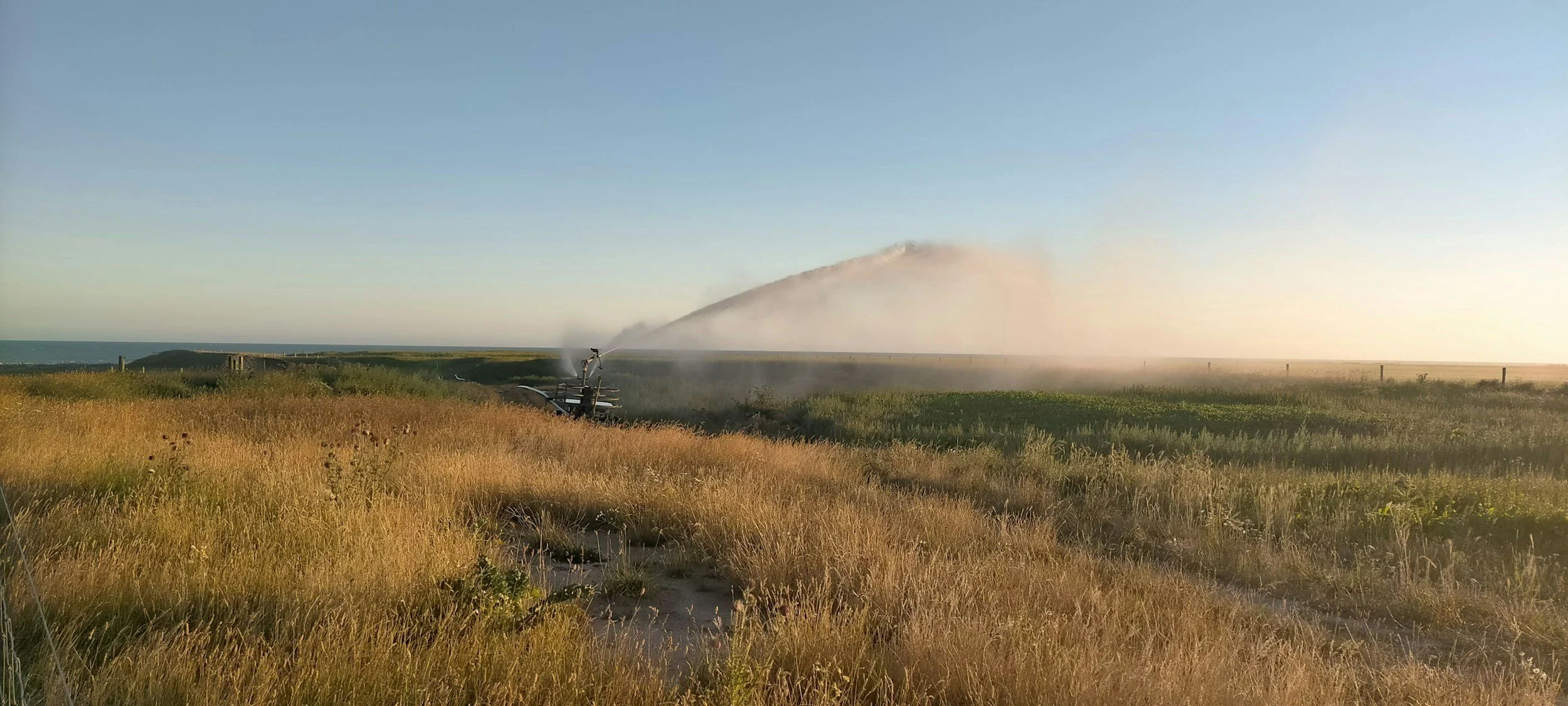Regenerative Agriculture x Water
Water is one of the most important ingredients for biological life and is key for the survival of humans, plants and animals alike. Just 0.5% of the Earth’s water is available freshwater. It is of critical importance to protect and preserve our available freshwater resources. Agriculture is one of the top industries that uses the most water globally - after all, no water means no food. Regenerative agricultural practices can benefit the quality and quantity of this invaluable natural resource.
DOWNLOAD
More About Regenerative Agriculture & Water
-
When it comes to agriculture, there’s a lot of discourse around water - how it’s used, how much of it is used, and even the underlying harm that can come from using too much. Water is one of the crucial ingredients for biological life, and it’s no secret that plants need water to grow and thrive. How do we satisfy the demands for water use in agriculture and the need to protect and preserve this important resource? Our global population is at an all-time high. We are experiencing unprecedented climate events with increasing frequency and severity. Regenerative agriculture could be the answer to these pressing questions, and could be the key in unlocking a sustainable future.
-
Despite its abundance on Earth’s surface, most of the water on Earth is inaccessible or is not potable. It is critical that we act to conserve and protect our available freshwater resources wherever possible. The World Wildlife Fund says it best - “of all the water on Earth, just 2.5% is fresh water, and most of that is locked up in ice or deep underground. Rivers and lakes hold only a tiny fraction – but it’s this that so much life on Earth depends on.” Of all the water available on Earth, freshwater is the only type suitable for farming and drinking water needs. It is also relied upon for industrial purposes. We need to conserve freshwater resources like our lives depend on it - because they do. Regenerative agriculture is the key to unlocking a sustainable future due to its benefits for soil health and the effects of this beneficial relationship on the environment and human health.
-
This article seeks greater clarity in the connections between water and regenerative agriculture (RA).



